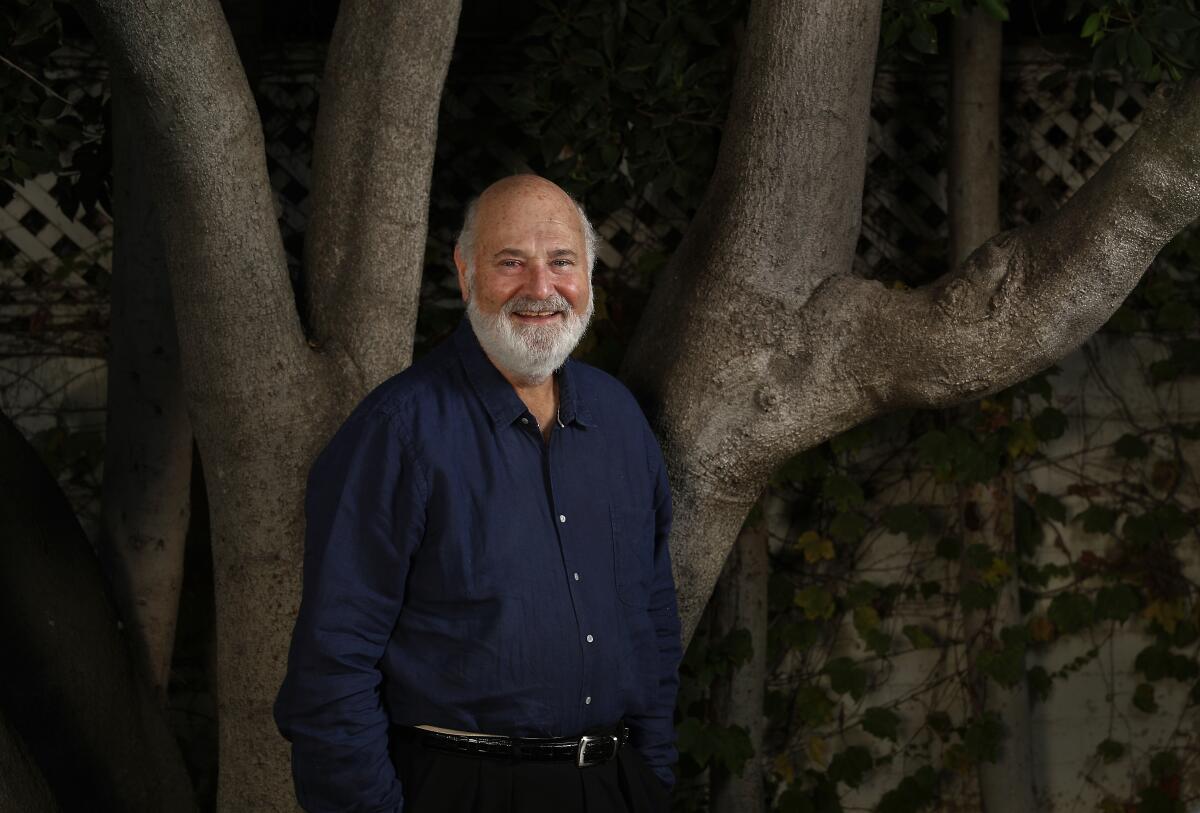Phil Wickham and ‘David’ face the Goliath of ‘Avatar’
Phil Wickham has released 14 Christian worship albums, has been Platinum certified and nominated for American Music Awards, Dove Awards, Billboard Music Awards and Grammys — but all of his vocal training and performances couldn’t prepare him to step into the shoes of one of his Biblical heroes with the upcoming animated musical film “David.”
Directed by Phil Cunningham and Brent Dawes, “David” marks the second animated film this year for Angel Studios. April’s “The King of Kings” made $60 million and is the second-highest-grossing film from the studio following “Sound of Freedom,” which made $184 million. The film hits theaters on Friday. If the release date sounds familiar, it could be because the third installment in the multibillion-dollar “Avatar” franchise, “Avatar: Fire and Ash,” is released on the same day. Presale numbers for “David” are at $15 million on 3,100 screens, but with “Avatar” tracking to open between $135 million and $165 million, and “The SpongeBob Movie: Search for SquarePants” also tracking between $13 million and $20 million, it would seem to be a true David vs. Goliaths for ticket sales.
That in itself could be daunting, but for Wickham, the biggest obstacles came long before release dates were decided. Despite playing in arenas with thousands of fans, he had a “secret dream” of voicing a character in an animated film. A character “that carried courage and faith and had some grand adventure.” But because he’d never chased that dream, he realistically put a limit on that particular goal. Even when the opportunity arose, he was hesitant when going into a casting meeting.
“I’m unoffendable. [I said to producers], if I suck, then just tell me because I don’t want to waste anybody’s time. And also, I don’t want to be bad in a movie as much as you don’t want to make a bad movie,” says Wickham.
The contemporary Christian artist, who recently finished sold-out concerts at Downey Calvary Chapel and the Wiltern, had never tried his hand at voice acting. Not only did he get the role, but he also had to help bring to (animated) life one of the most well-known stories in the Bible. The tale of David — the boy who was anointed to become the king and along the way felled the giant Philistine warrior Goliath with a rock and a slingshot — has become synonymous as the most famous of underdog representations and tests of faith in the Bible. The character and story is also one of Wickham’s favorites.

Phil Wickham always wanted to voice an animated character, especially after seeing “The Lion King.”
(Colton Dall)
“When this came across my desk, so to speak, I was just like, man, I could tell you that story, but I didn’t know if I had it in me. I didn’t know if I was a good actor. I didn’t know if I could voice a character, but I knew I wanted a shot,” said Wickham.
A curious revelation for Wickham was discovering that the singing that he’d been doing most of his life would not work on-screen, at least not for this project. He was asked to tone down things, to sometimes “talk through” lyrics and to generally make the music more dramatic for the screen.
“I thought, OK, I got this. This is why they hired me, because I’m a singer. But that ended up being the hardest part because they didn’t want me to sound like me,” Wickham said.
“Singing became a background to just being the character, which honestly, in some ways, was the hardest thing. Maybe even for my ego as as an artist.”
It was definitely a process that required lots of fine-tuning and looking at David as not just the king and hero that Wickham had grown up reading about at home and in Southern California churches. Sitting in the pews in Downey, the singer reflected on why he got into music and why Christian entertainment is on the rise.
“I found out really quick that I loved being a part of moments where people were encountering the same hope and faith that I encountered in my room alone,” Wickham said of songwriting and performing. He grew up with Christianity all around him, but has seen a spike in popularity for music and movies dealing with faith-based fandom.
“For this movie ‘David’ to come out at this time … I think that the world is looking for stuff to hope in. I think people are just searching and finding out more and more the truth that if we look around us at the world of man, we’re not going to find real solutions. So that maybe if we look up, we will.”

